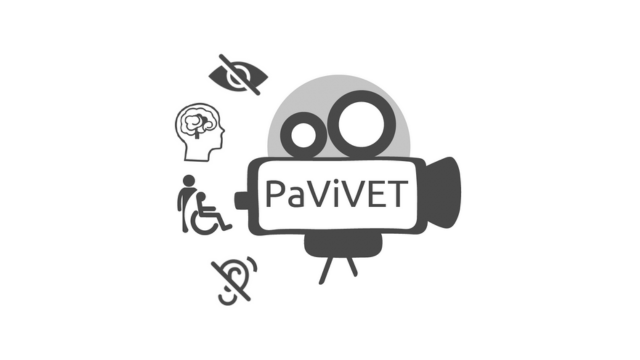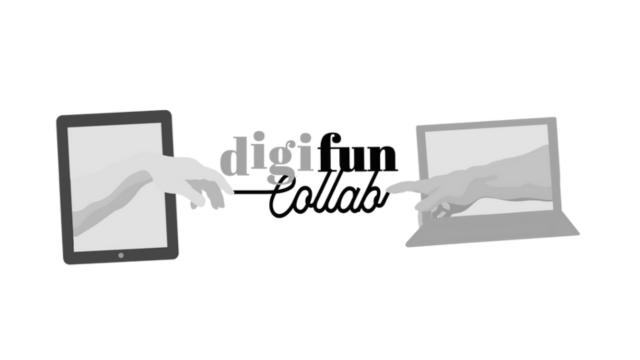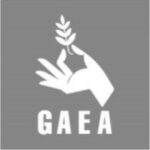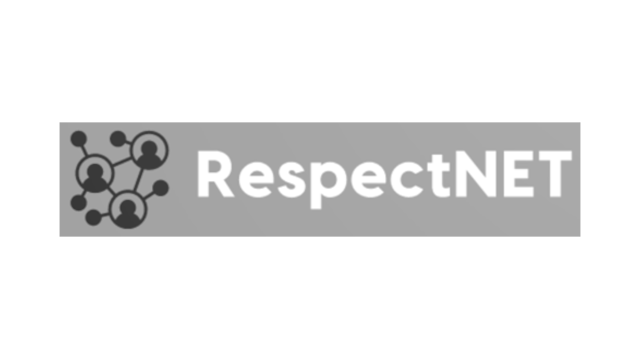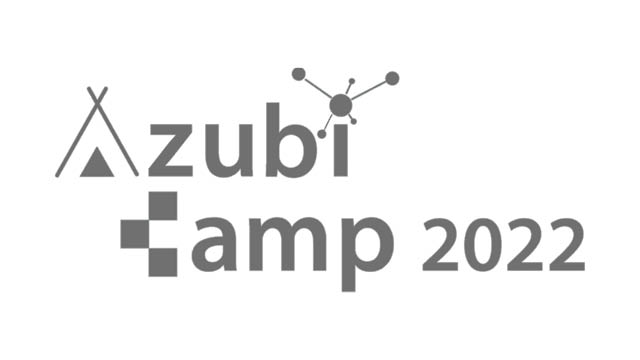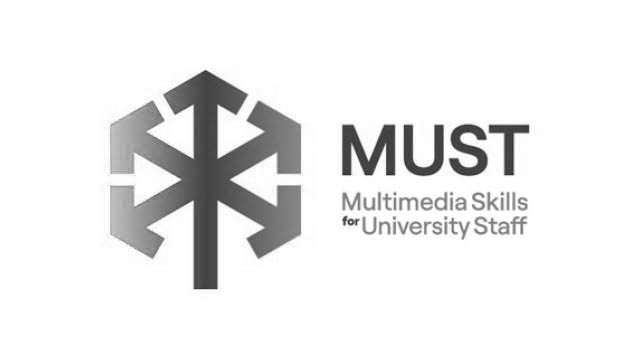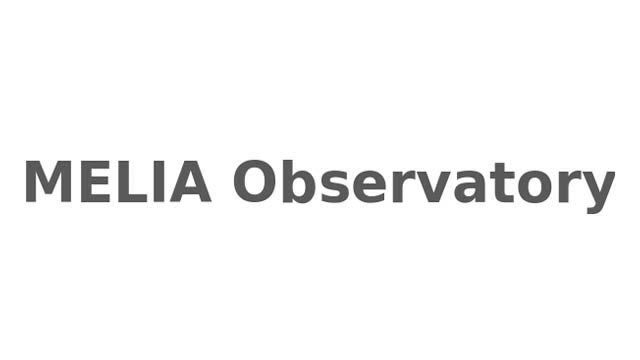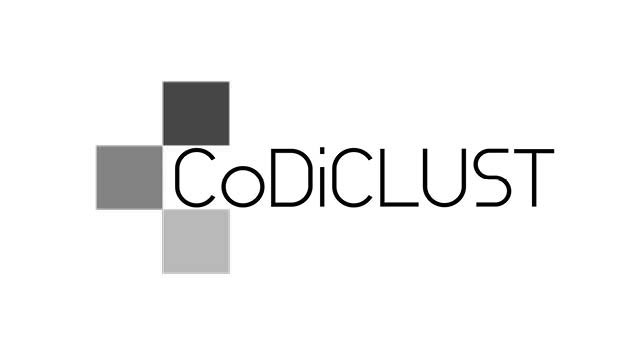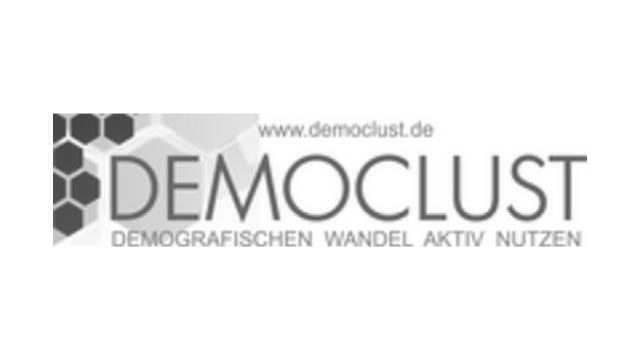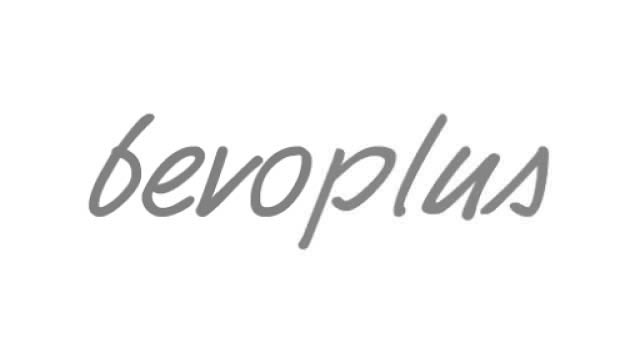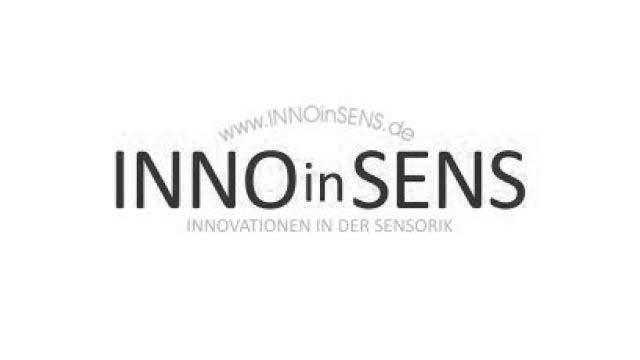Projects
SoWiBeFo is an association of academics and practitioners that has been dedicated to research and consultancy in action research projects in education and culture as well as regional development, employment and labour market policy since 2009. In particular, we also examine the influence of megatrends such as digitalisation, demography and migration on these fields of action. We have already been able to contribute our expertise in the development and implementation of several multi-year national and international research and development projects.
Digital transformation
Diversity
Unternehmertum und nachhaltige Entwicklung
The GAEA project targets young women in rural areas to train entrepreneurial skills and stimulate new employment opportunities in agriculture.
The SOFAR project is aimed at female entrepreneurs and promotes their social agricultural ideas and initiatives.
The DigiFunCollab project promotes social entrepreneurship in a university-civil society context and encourages active citizenship.
The GAEA project targets young women in rural areas to train entrepreneurial skills and stimulate new employment opportunities in agriculture.
In the Covid 19 pandemic, social inequality and social incoherence have demonstrably increased. The RespectNET project is aimed at university lecturers who should be role models for correct, respectful and encouraging communication. In doing so, the project develops a code for respectful and effective communication that takes into account different abilities, communication styles and expectations of different subgroups.
Digital Learning Camp for apprentices (DiLeCa)
09/2021 – 02/2022
With the DiLeCa project, we are building on the results of the CoDiCLUST and Education 4.0 for SME projects. Through the trainee camp organised as part of the project, trainees and those responsible for training are to be sensitised, motivated and empowered for the importance of the topic of "learning with digital media".
The introduction of new multimedia technologies is an essential development task in the 21st century. Multimedia can transform today's universities into state-of-the-art learning centres and provide society with access to technology. The role of multimedia technologies in universities is to gain a better understanding of the diverse learning processes of users and to promote learning within practical projects.
Within the framework of the project, various tools and recommendations will be developed to strengthen the resilience of young people against negative internet phenomena, such as hate speech and disinformation, and thus create the basis for improved social and political participation of young people in the Danube countries.
Digital learning coaches in cluster companies (CoDiCLUST)
04/2018 – 03/2021
Digital learning media create numerous new opportunities for work-integrated and collaborative learning that can be used independently of time and place. As part of the project, a service point for digital learning has been established in the Bavarian sensor network. It organises the exchange of knowledge within the network and with external experts on the topic of "digital learning". We show which new approaches and digital learning media have already proven themselves in company practice and how these can also be adapted to the individual needs in your company. Together with companies, we develop strategies for creating and integrating digital learning media into everyday work.
Regional aspects of demographic change (DEMOCLUST)
01/2012 – 04/2016
Regional demographic management and monitoring is particularly necessary in high-tech industry. Together with the Bavarian sensor technology cluster, we have developed a model tool kit for coping with demographic change. It includes measures for retaining experienced skilled workers, attracting employees and integrating applicants for jobs in the high-tech sector via the cluster management.
The bevoplus pilot project is located in Lower Bavaria and covers the districts of Straubing-Bogen, Deggendorf, Regen and Freyung-Grafenau. As a result of demographic change, migration processes and the high attractiveness of large, transregionally oriented companies, SMEs in this region cannot assume that they will be able to secure their skilled labour needs in the future without strategically oriented training projects. The project developed instruments for this purpose in order to integrate successful transitions into a long-term perspective of securing skilled labour locally when orienting themselves towards the training potential of the company and the potential of students, including heterogeneous young people.
Innovation in the sensor industry is a big topic. In the INNOinSENS project, we brought together experts from companies, education, research and the management of the sensor technology cluster to develop, test and evaluate innovation methods and tools to support the joint thinking, learning and action of the actors in innovation processes.

